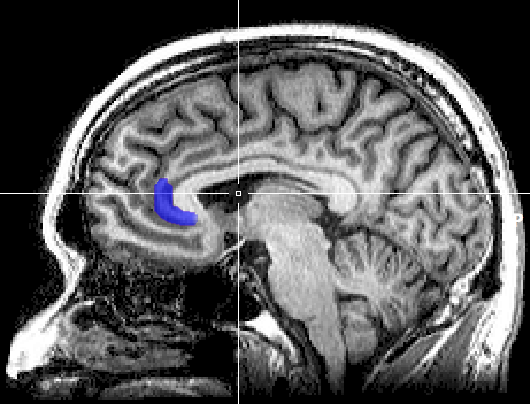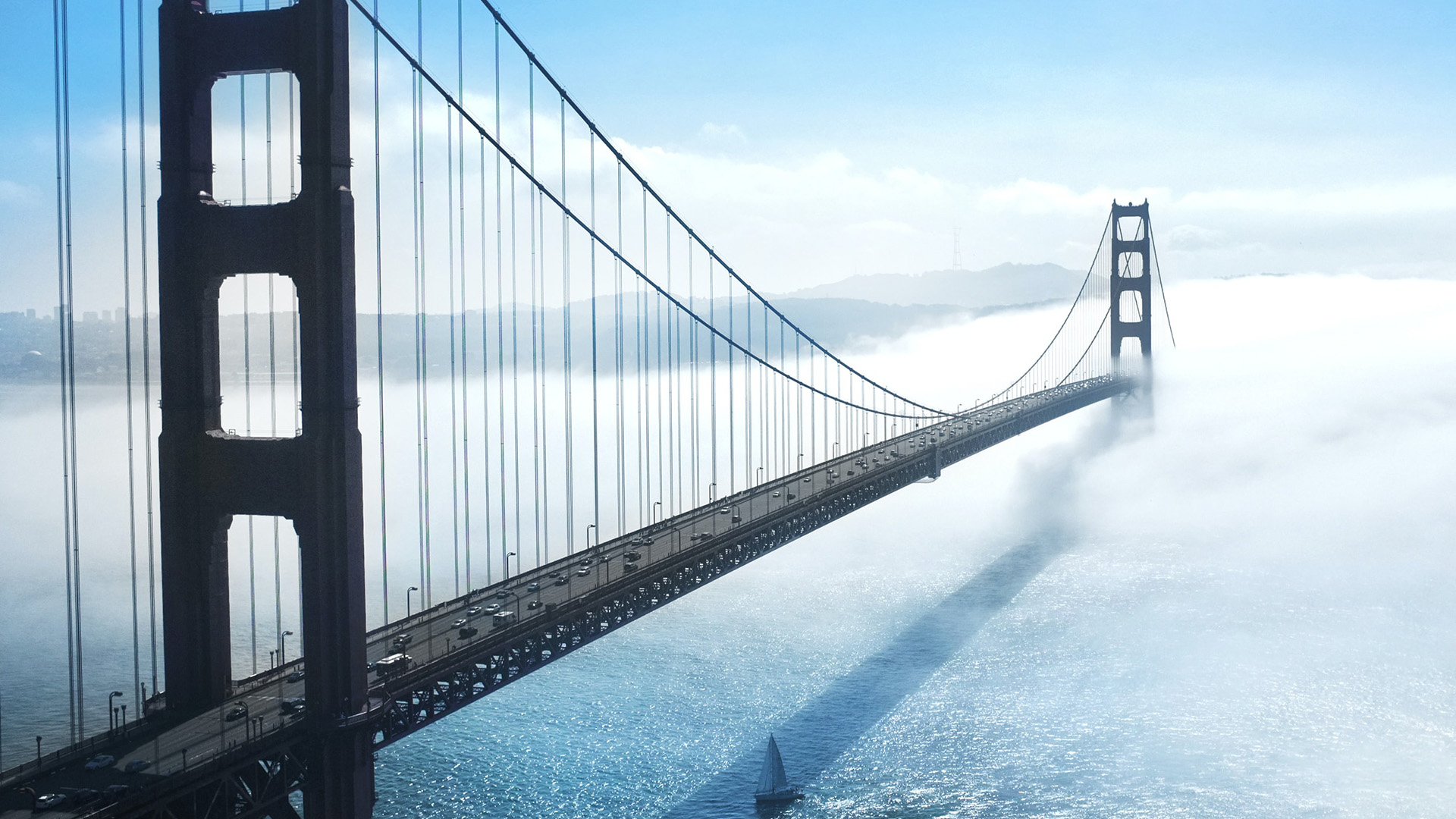One of the first albums I ever bought was Simon and Garfunkel’s Bridge over Troubled Water. As a teenager, I just loved the song and didn’t really give too much thought to its meaning.
What the song talks about, is selflessness and being willing to provide a bridge, support and encouragement to another through troubled times. It’s a beautiful metaphor and a beautiful song for being there for someone else.
Which is what being a leader is all about – being the one who keeps a look out for those they wish to lead, to keep them safe, to make the call on a decision, even if it’s unpopular for the greater good of the company, organisation or society.
Leadership requires courage and connection.
The word courage is derived from the Latin “cor” meaning “heart”, to speak one’s mind by telling all that is in our heart. The modern interpretation sees courage more as a heroic virtue, which is slightly different, but perhaps the time has come to use our courage when considering how to speak more openly and honestly about our thoughts, feelings and experiences.
“Courage is not the absence of fear, but the triumph over it.”
Nelson Mandela
With levels of stress, depression, absenteeism and presenteeism escalating at an alarming rate, the time to deal with all this was yesterday. We are now falling further and further into a disconnected, self-absorbed, unhappy state where fear along with uncertainty is the order of the day.
Brene Brown in her book Daring Greatly talks about how the courage to be vulnerable transforms the how we lead.
Discovering your own courage begins by granting yourself permission to know that sometimes we are wrong, and to acknowledge that as humans we are not perfect.
Who do you see as an example of a courageous leader?
Your list may be different from mine – I would include Nelson Mandela, Sister Theresa, Emmeline Pankhurst, Mahatma Gandhi and Aung Saan Suu Kyi for starters.
What distinguishes them is their conviction and fortitude of their beliefs, holding onto them tightly, for the benefit of others.
Courage is all about taking action in the face of fear. When we recognise that we are afraid another part of the brain can override it and enable us to take action.
Where is courage found in the brain?
Naturally, some clever researchers have already worked this out. Nili and Dudai located it in a brain region called the subgenual anterior cingulate cortex, (sgACC) which is responsible for fear, emotion, stress, and perception. When you are feeling courageous, your sgACC is activated and it acts to cancel out some of the fear being generated by the amygdala. When you aren’t, it’s not.
So there you go, now you know. All fine and dandy but so what?

Image of scan showing sgACC commons.wikimedia.org
The ‘so what?’ is that because your brain is so marvellously plastic you can increase your level of courageousness through practice and effort.
This is helped by:
1. Acknowledging your fears and then letting go.
Easier said than done I hear you say and yes you’re right. I have always been frightened of heights and have had to be peeled off snowy mountainsides (usually by my long suffering husband) on a number of skiing holidays when the fear of falling off the mountain overcomes my rational brain that is trying to tell me I am still safe. I have had to repeatedly challenge this fear and have gradually learned how to reduce its grip (even though it’s not eliminated) so that the number of rescues has declined.
2. Keeping stress under control.
Yes, again easier said than done and once more it is the practice and rehearsal of putting in place a daily ritual of relaxation using meditation and exercise and keeping things in perspective that helps.
3. Just do it.
Practicing courage isn’t something you can plan for. Being open to see the need for courage is the first step to undertaking a courageous act.
The recipients of the annual bravery awards given to those recognised for undertaking brave or courageous acts will often tell how they just happened to be at a particular location and saw the need for immediate action. The fear was there but the need to act was greater.
“Courage is more exhilarating than fear and in the long run, it is easier. We do not have to become heroes overnight. Just a step at a time, meeting each thing that comes up, seeing it is not as dreadful as it appeared, discovering we have the strength to stare it down.”
Eleanor Roosevelt
Courageous leaders serve through connection with those they serve.
We can develop this through more transparent and open conversations, listening with respect and being prepared to make the difficult call when required to move forward.


